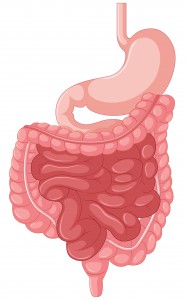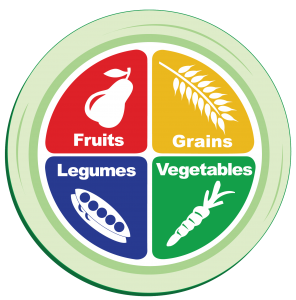
Gut-Health – Irritable Bowel Syndrome (IBS)
Digestive Health -Gastrointestinal Disease – Irritable Bowel Syndrome – Gut Health
People who eat vegan diets have the healthiest intestinal bacteria, according to a new study published in the journal Gut. The researchers looked at 153 Italian participants, one-third of whom were vegan, vegetarian, or omnivorous, and classified the healthiest eating diets, referred to as Mediterranean diets in the study, as those that included the most fiber-rich foods—fruits, vegetables, legumes, and grains. Eighty-eight percent of the vegans adhered to the healthiest patterns, 65 percent of the vegetarians, and 30 percent of the omnivores. The more adherence to the healthy dietary pattern, the healthier the intestinal microbiota. Healthy gut flora are associated with decreased risk of disease.
Reference: De Filippis F, Pellegrini N, Vannini L, et al. High-level adherence to a Mediterranean diet beneficially impacts the gut microbiota and associated metabolome. Gut. Published online September 28, 2015.
Plant-Based Foods Improve Gut Microbiota Linked to Lower Disease Risk
A diet rich in plant-based foods improves gut microbiota associated with lower risk for heart disease and other chronic conditions, according to a study published in Nature Medicine. Researchers analyzed the microbiomes, diet records, and cardiometabolic biomarker data from 1,098 participants from the Personalised Responses to Dietary Composition Trial (PREDICT 1) study. Results showed favorable links between consumption of healthy plant-based foods with “good” microbes associated with lower risk for heart disease, diabetes, and obesity and improved metabolism, glucose tolerance, and microbiome diversity. The authors recommend clinicians assess the gut microbiome as a biomarker for disease risk and personalize dietary interventions to improve overall health.
Reference: Asnicar F, Berry SE, Valdes AM, et al. Microbiome connections with host metabolism and habitual diet from 1,098 deeply phenotyped individuals. Nat Med. Published online January 11, 2021. doi: 10.1038/s41591-020-01183-8.D
